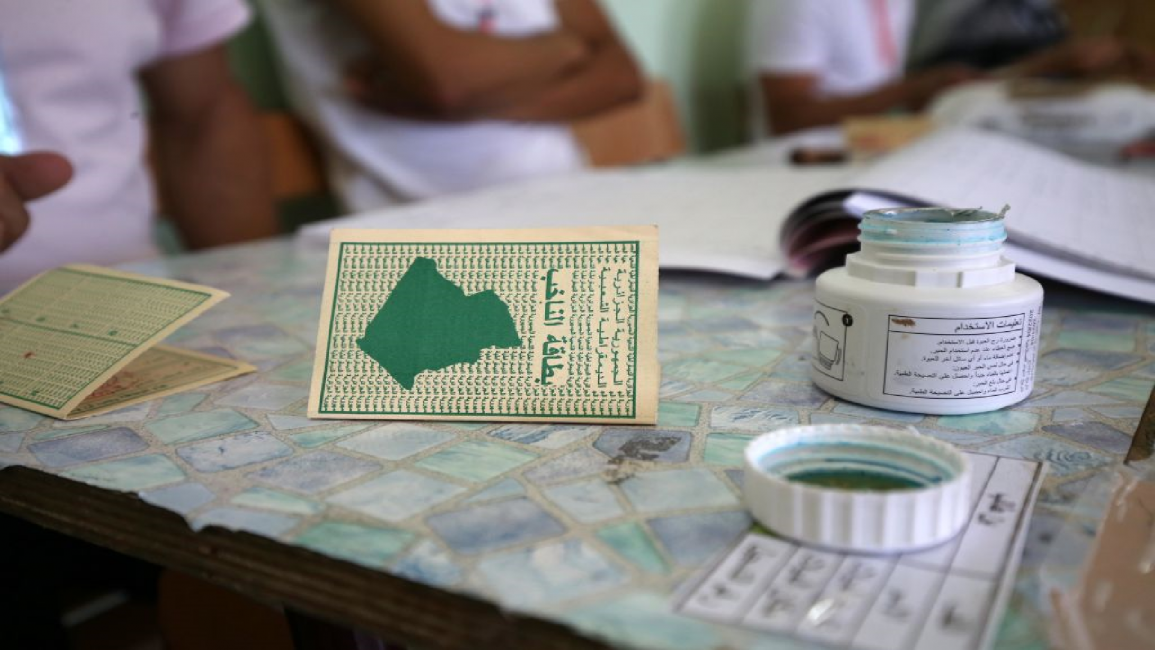Algerian elections face record low turnout as voters lose hope of reform
Algeria's parliamentary elections held on Saturday witnessed a weak voter turnout, according to the Independent Electoral Authority, in the country's first legislative polls held since the 2019 uprising.
Only 30.20% of eligible voters turned up to polling stations, while the Kabylie province east of the capital Algiers witnessed the lowest turnout, the electoral observer said.
Polling stations in Kabylie were destroyed, as confrontations broke out between anti-election demonstrators and security forces, local media reported.
The participation rate on Saturday was less than the last two parliamentary elections; a recorded 37.09% voted during the 2017 elections while 42.90% took part in the 2012 polls.
After casting his vote, President Abdelmadjid Tebboune claimed the level of participation does not matter as much as the results, which will shape the next legislative branch in Algeria.
He also expressed "respect" for those choosing to boycott the elections according to press statements.
Saturday’s elections were boycotted by the Workers' Party, the Rally for Culture and Democracy, and the Socialist Forces Front.
The presidential election in December 2019 which saw Tebboune win the vote also witnessed a low voter turnout and large boycott. A constitutional referendum in November 2020 saw the same result.
The parliamentary elections - the first since the so-called Hirak protest movement forced former President Bouteflika from power in 2019 - were overshadowed by a crackdown on the long-running movement, as at least seven leading Hirak figures were arrested amid a heavy police presence.
The protest movement has continued to call for a complete overhaul of the ruling class which has been in power since 1962.
Established parties linked to Bouteflika's rule - the National Liberation Front (FLN) and the Democratic National Rally (RND) - are seen as likely to lose seats.
Islamist parties are hoping to take advantage - but with their vote split between five rival factions, they may struggle to make real gains.
Algeria’s economy is heavily dependent on oil revenues, which have slumped in the face of the global economic slowdown. Unemployment stands at more than 12 percent, according to World Bank figures.
It has also been hit hard by the coronavirus pandemic, which has claimed more than 3,500 lives in the country, according to the health ministry.



